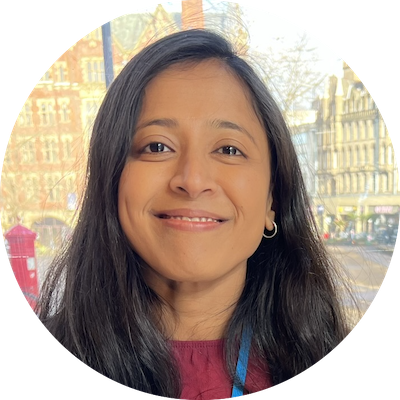





It was a pleasure to attend the fellow program of IUGA in The Hague on the morning of June 22nd. The session started with coffee and introductions, with the main theme of the program being "Surgical and Complications”. There were international speakers and a skills lab with 150-200 fellows and young professionals attending from around the world.
The attendees were divided into two groups. One group listened to the speakers, and another attended the skills lab and then swapped around after refreshments. The group attending the skills lab was divided into three further groups who then attended one of three stations:
The clinical skills lab was enthusiastically attended by the participants with plenty of questions and comments throughout.
The first lecture was by Mr. Stephen Jeffrey from Cape Town, about Complications During Surgery, which was highly relevant to the attendees. He discussed anatomy, tips to reduce rates of complications, identification, and troubleshooting during and after surgery as well as management of long-term complications.
The second session was a well-received talk by Leonie de Jong who spoke about post-partum complications overall as well as that of peri-clitoral, periurethral, and labial lacerations, types of perineal lacerations, episiotomy, techniques of suturing, obstetric anal sphincter injury and repair of buttonhole injuries.
Two riveting plenary sessions followed this. The first was by Ajay Rane on Gender-Based Genital Violence and the effects that this has on people around the world, including continued negative attitudes in developed countries. It was inspiring to hear about the work that is being done by the charity Flourishing Women, which aims to treat and prevent birth trauma, genitourinary fistulae, incontinence, and prolapse in women who live in the less developed world by training local healthcare professionals to manage these conditions, provide resources to enable them to do so in their native countries, empower women on making choices on family planning and providing contraceptive options in order to prevent unwanted pregnancies. In the second session, entitled Urogynecology 2040 by Jan-Paul Roovers spoke about potential ways of managing the changing demands of Urogynecology, including that of organization of care, digital innovation, individualized medicine, tissue engineering, education, and inspiration.